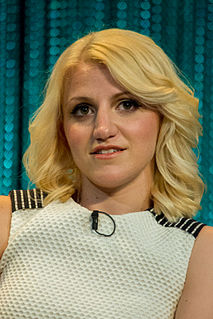A Quote by Robert Wyatt
What I like about popular culture is its accessibility, and I've covered popular songs because they are amazing things.
Related Quotes
Popular culture as a whole is popular, but in today's fragmented market it's a jostle of competing unpopular popular cultures. As the critic Stanley Crouch likes to say, if you make a movie and 10 million people go see it, you'll gross $100 million - and 96 per cent of the population won't have to be involved. That alone should caution anyone about reading too much into individual examples of popular culture.



































